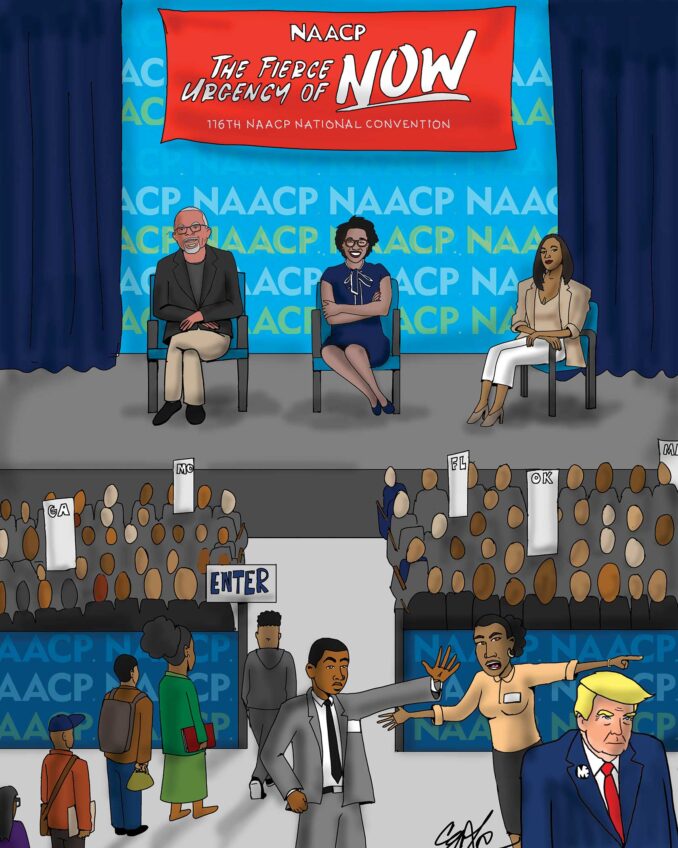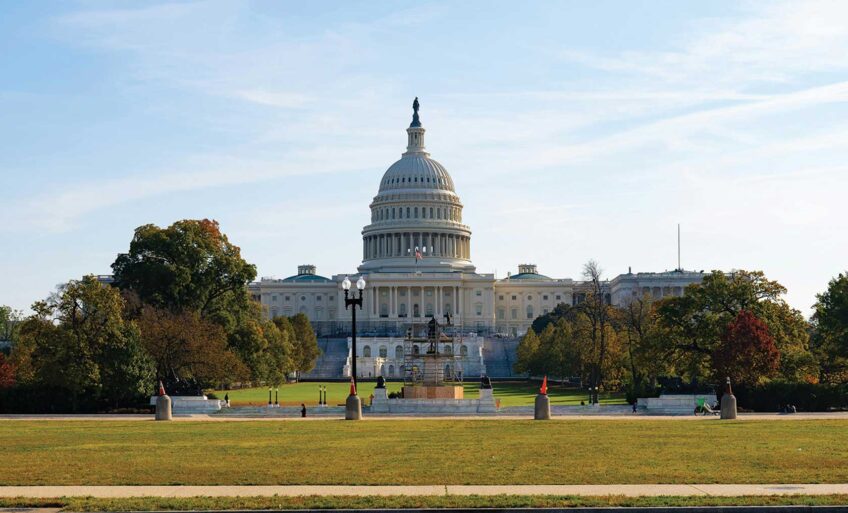Working for Human Rights protection at home
Sixty-one years ago, the nations of the world came together in San Francisco to proclaim that every individual, no matter where he or she lives, has and is entitled to fundamental rights. The Universal Declaration of Human Rights includes, among others, the right to be free from racial discrimination, the right to think and express oneself in a chosen manner, and the right to fair working conditions.
The United States helped draft the declaration, led the movement to gain passage, and served as host to its ratification. Yet, today, many people in this country appear to accept human rights campaigns as merely writing letters to faraway lands, rather than working to protect the fundamental rights of their neighbors, families, friends, colleagues and others within driving, even walking distance, of their own homes.
Admirably, the truth is that many of us have been working to promote and protect human rights for years, in our communities and across this nation. These efforts reflect broad public support for human rights. In fact, recent polling shows that over eighty percent of Americans agree that “every person has basic rights regardless of whether their government recognizes those rights or not.”
For over sixty-five years, the Massachusetts Commission Against Discrimination (MCAD) has recognized that the dignity of people, and the protection of civil rights, fall squarely within the scope of protecting human rights at home. Men and women of all races, age, religion, national origins, and abilities have reached out to us to resolve their claims of discrimination. MCAD has partnered with human rights commissions across the Commonwealth to hear and resolve issues of inequality and discrimination. MCAD outreach efforts have included training human rights representatives to investigate and resolve conflict.
MCAD has dispatched civil rights workers to communities across the Commonwealth to educate people about their civil rights, and we have opened offices in the four corners of this state. Just last year, the MCAD resolved over four thousand claims of discrimination. Yet these efforts do not stand alone; in fact they are part of a growing national movement to bring human rights home.
A number of state and local governments use human rights standards to promote equality, dignity, fairness and opportunity in their communities. Chicago has adopted a resolution advancing policies that comply with the international treaty that protects children’s rights. Seattle is working to promote economic and social rights, and San Francisco has officially incorporated the language of treaties written to end sexual and racial discrimination.
Just last month, the Eugene, Oregon city council unanimously approved an ordinance affirming the human rights of people in mental health treatment, offering them more choice in their treatment and care. Within our own Commonwealth we have led the way to create marriage equality, and continue to recognize unreasonable employment limitations because of a criminal record as a civil rights issue.
These local initiatives reflect the belief that protecting human rights begins at home. In our community, we can use a human rights framework to address immigration reform, as Gov. Deval Patrick has with the Commonwealth’s New Americans Agenda Initiative, and to end the cycle of crime and poverty that has plagued our cities for far too long.
Eleanor Roosevelt, one of the founders of the human rights movement, understood that human rights not only begin at home, but are fundamental to how we function as a community and a country. She said that these rights occupy “the world of the individual person: the neighborhood he lives in; the school or college he attends; the factory, farm or office where he works. Such are the places where every man, woman, and child seeks equal justice, equal opportunity, equal dignity without discrimination.”
When we protect the rights of people in Massachusetts we are carrying on the mission and the message behind America’s participation in the drafting of the Universal Declaration.
International Human Rights Day occurred on December 10 and it was an opportunity to re-dedicate ourselves to further the goal of equality and fairness for all people in Massachusetts, the United States, and the entire world.
Malcolm S. Medley is Chairman, Massachusetts Commission Against Discrimination






